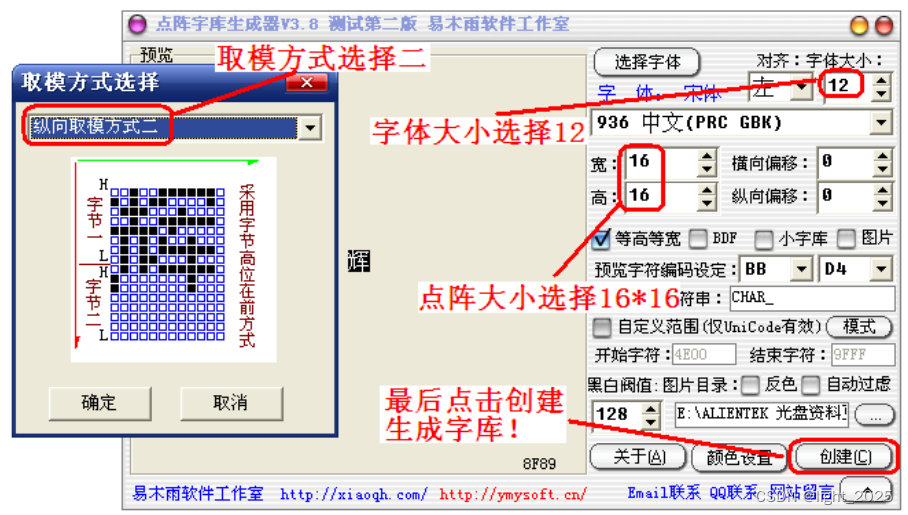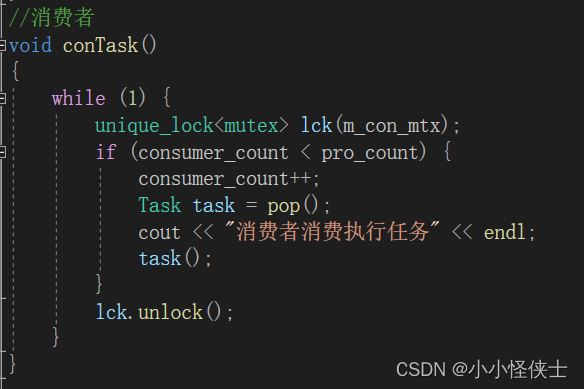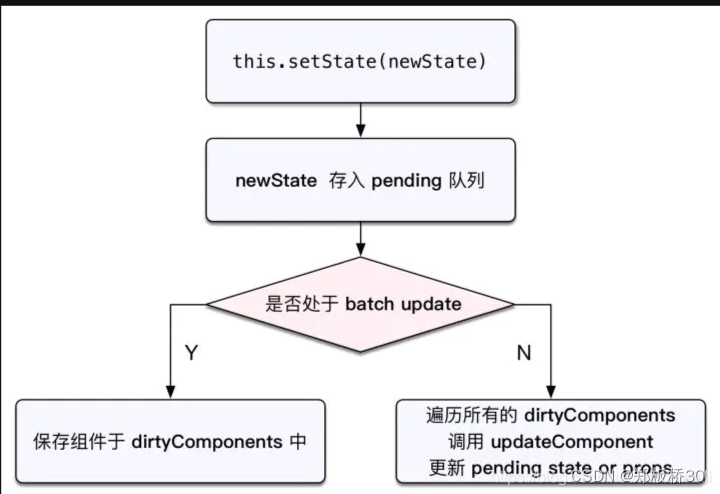Hugging Face, EleutherAI, StabilityAI 用的多
介绍
文件形式
- header,体现其特性。如果强行将pickle或者空软连接 打开,会出现报错。解决详见:debug 连接到其他教程
- 结构和参数

安装
with pip:
Copied
pip install safetensors
with conda:
Copied
conda install -c huggingface safetensors
Usage
文档: https://huggingface.co/docs/safetensors/index
github: https://github.com/huggingface/safetensors
测试安装
import torch
from safetensors import safe_open
from safetensors.torch import save_file
tensors = {
"weight1": torch.zeros((1024, 1024)),
"weight2": torch.zeros((1024, 1024))
}
save_file(tensors, "model.safetensors")
tensors = {}
with safe_open("model.safetensors", framework="pt", device="cpu") as f:
for key in f.keys():
tensors[key] = f.get_tensor(key)
加载
文档 https://huggingface.co/docs/diffusers/using-diffusers/using_safetensors
from diffusers import StableDiffusionPipeline
pipeline = StableDiffusionPipeline.from_single_file(
"https://huggingface.co/WarriorMama777/OrangeMixs/blob/main/Models/AbyssOrangeMix/AbyssOrangeMix.safetensors"
)
Load tensors
from safetensors import safe_open
tensors = {}
with safe_open("model.safetensors", framework="pt", device=0) as f:
for k in f.keys():
tensors[k] = f.get_tensor(k)
# Loading only part of the tensors (interesting when running on multiple GPU)
from safetensors import safe_open
tensors = {}
with safe_open("model.safetensors", framework="pt", device=0) as f:
tensor_slice = f.get_slice("embedding")
vocab_size, hidden_dim = tensor_slice.get_shape()
tensor = tensor_slice[:, :hidden_dim]
保存
import torch
from safetensors.torch import save_file
tensors = {
"embedding": torch.zeros((2, 2)),
"attention": torch.zeros((2, 3))
}
save_file(tensors, "model.safetensors")
转换到safetensor
- 在线,利用hugging face
The easiest way to convert your model weights is to use the Convert Space, given your model weights are already stored on the Hub. The Convert Space downloads the pickled weights, converts them, and opens a Pull Request to upload the newly converted .safetensors file to your repository.
- 本地 运行
see 转换代码 convert.py
# 主函数
def convert_file(
pt_filename: str,
sf_filename: str,
):
loaded = torch.load(pt_filename, map_location="cpu")
if "state_dict" in loaded:
loaded = loaded["state_dict"]
shared = shared_pointers(loaded)
for shared_weights in shared:
for name in shared_weights[1:]:
loaded.pop(name)
# For tensors to be contiguous
loaded = {k: v.contiguous() for k, v in loaded.items()}
dirname = os.path.dirname(sf_filename)
os.makedirs(dirname, exist_ok=True)
save_file(loaded, sf_filename, metadata={"format": "pt"})
check_file_size(sf_filename, pt_filename)
reloaded = load_file(sf_filename)
for k in loaded:
pt_tensor = loaded[k]
sf_tensor = reloaded[k]
if not torch.equal(pt_tensor, sf_tensor):
raise RuntimeError(f"The output tensors do not match for key {k}")
例子
解析
import requests # pip install requests
import struct
def parse_single_file(url):
# Fetch the first 8 bytes of the file
headers = {'Range': 'bytes=0-7'}
response = requests.get(url, headers=headers)
# Interpret the bytes as a little-endian unsigned 64-bit integer
length_of_header = struct.unpack('<Q', response.content)[0]
# Fetch length_of_header bytes starting from the 9th byte
headers = {'Range': f'bytes=8-{7 + length_of_header}'}
response = requests.get(url, headers=headers)
# Interpret the response as a JSON object
header = response.json()
return header
url = "https://huggingface.co/gpt2/resolve/main/model.safetensors"
header = parse_single_file(url)
print(header)


















